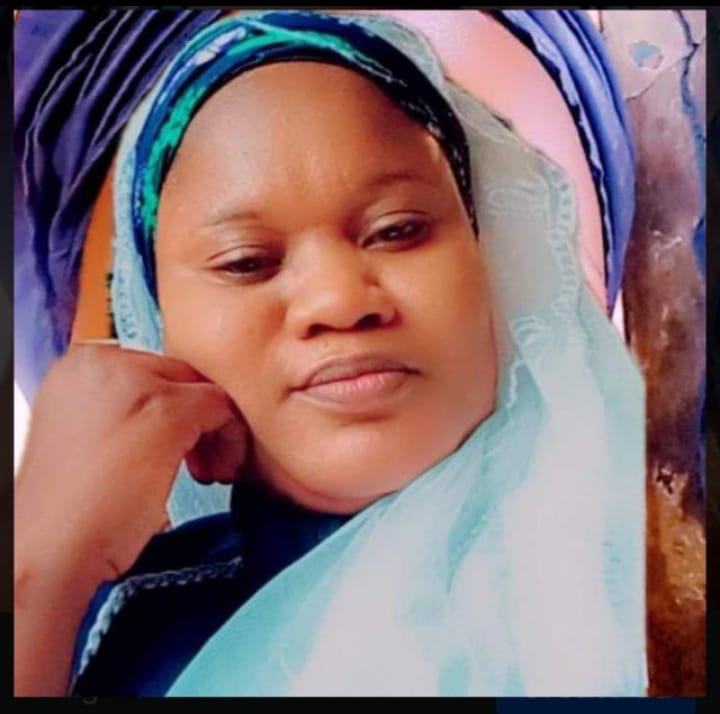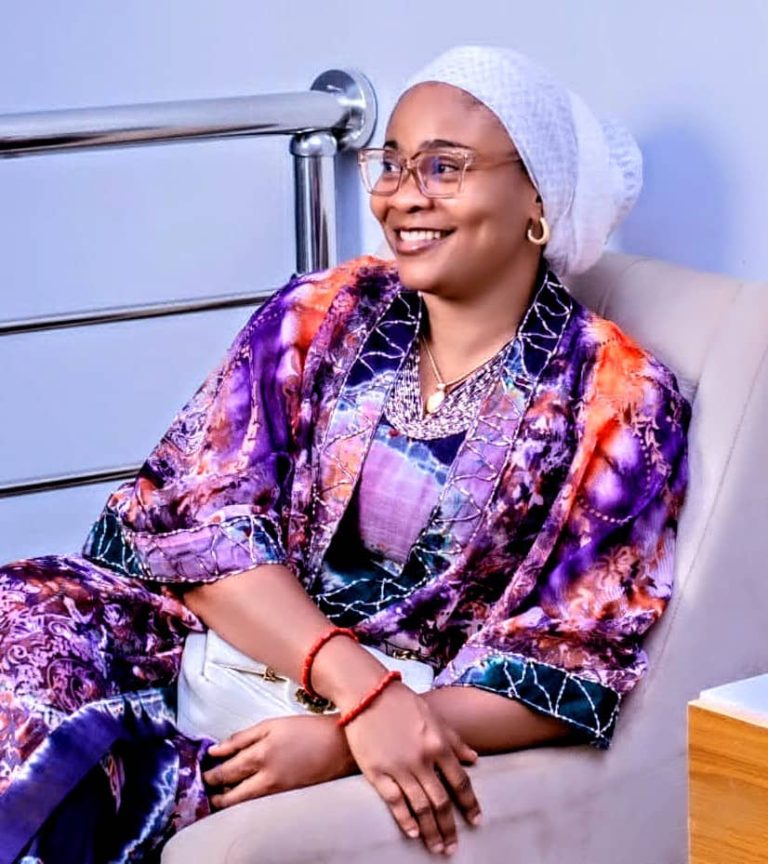Aníkẹ́ Agbaje-Williams: The Woman Who Gave African Television a Face. By Falilat Oreoluwa Dikko

Aníkẹ́ Agbaje-Williams: The Woman Who Gave African Television a Face

“Behind every great industry, there is a woman whose presence shaped its foundation.”
Long before the modern-day media moguls, before the dazzling news anchors we see today, there was a woman who first graced our screens with elegance, poise, and an undeniable presence. She was not just a broadcaster; she was history in motion. Her name? Chief Mrs. Aníkẹ́ Agbaje-Williams.

In the grand tapestry of women who have shaped global broadcasting, names like Barbara Walters, Oprah Winfrey, Christiane Amanpour, and Zain Asher may ring a bell. But before the world could celebrate them, before Africa even had the privilege of hearing news through a television set, Aníkẹ́ Agbaje-Williams was already making waves. She was not just the first female broadcaster in Nigeria; she was the first face on television in the entire African continent.
Born on October 23, 1936, in Abẹ́òkuta, a city known for birthing some of Nigeria’s greatest minds, Aníkẹ́ Kuforiji (as she was born) was destined for greatness. Educated at CMS Girls’ School (which later became St. Anne’s School, Ibadan), she was a bright student with a passion for excellence. However, in an era where women were expected to blend into the background, she dared to stand out.
In 1959, the Western Nigerian Broadcasting Service (WNBS) launched Africa’s first television station—Western Nigerian Television (WNTV). It was a groundbreaking moment, but history needed a woman to carry the torch. And who better than Aníkẹ́?

With the confidence of a seasoned professional and the grace of royalty, she became the first woman to appear on African television. That was no small feat. At a time when even the idea of television was novel, here was a young woman, standing tall, delivering the news with clarity, warmth, and an authority that demanded respect.
It is often said that “a river that forgets its source will soon dry up.” Today’s generation of broadcasters both male and female owe a great deal to the foundation she laid.
Aníkẹ́ was not just a newsreader; she was a storyteller, a mentor, and a custodian of integrity in journalism. She rose through the ranks, becoming a producer and later a director of programmes. She trained in Glasgow, Germany, and the United States, sharpening her skills to ensure she brought world-class expertise back home.
Like her international counterparts—Barbara Walters, who redefined television interviews, and Christiane Amanpour, who shaped war reporting with her fearless journalism—Aníkẹ́ was a trailblazer in her own right. She paved the way for women in Nigeria and beyond, proving that broadcasting was not just a man’s world.
Imagine a time when women were seen as secondary in society. Now, imagine a young Nigerian woman walking into a male-dominated newsroom, taking a seat at the table, and owning it. That was Aníkẹ́ Agbaje-Williams.
She shattered stereotypes long before feminism became a mainstream discussion. She showed that a woman could hold the mic, command a nation’s attention, and still retain her grace. In a world where women were often told to “stay behind the scenes,” she stepped into the spotlight and owned it.
Her contributions did not stop at broadcasting. She was a mentor to young women, a leader who encouraged others to follow in her footsteps. She believed in passing down knowledge, ensuring that the next generation of female journalists and broadcasters had the tools to succeed.
Her excellence did not go unnoticed. Aníkẹ́ received numerous awards, including:
The Lifetime Achievement Award at the Nigerian Broadcasters Merit Awards
The Rockcity Golden Voice Award
The Heroes Award at the Ibadan Mesiogo Golf Open Awards
These were not just plaques to be displayed they were symbols of a legacy, testaments to a life dedicated to service, and proof that hard work and excellence never go unrewarded.
Across the globe, women like Oprah Winfrey built media empires, Christiane Amanpour became a fearless voice in journalism, and Zain Asher rose as a beacon of African excellence on CNN. But before them, before Nigeria could boast of female anchors and talk show hosts, there was Aníkẹ́ Agbaje-Williams.
She was our very own Barbara Walters before we knew of her. Our Oprah Winfrey before the world spoke of her. Our Zain Asher before CNN found her.
And now, the curtain has closed on a life that was well-lived, a career that was well-served, and a woman who was well-admired.
On February 26, 2025, at the age of 88, Aníkẹ́ Agbaje-Williams took her final bow. The studio lights have dimmed, the microphone has been switched off, and the news bulletin of her remarkable life has come to an end. But can a legend ever truly leave?
No! “Òkú ò sun, won ń sọ wa.” (The dead do not sleep; they watch over us.)
Her name is forever etched in the history of African media. Her voice, though now silent, still echoes in the hearts of those she inspired. Every female broadcaster in Nigeria and beyond walks a path she paved.
To every young woman reading this, remember: You are capable of making history, just like Aníkẹ́ Agbaje-Williams did. Whether in broadcasting, business, politics, or education, your voice matters.
Let us not just celebrate her in words, let us continue her legacy in action. Let us break barriers like she did. Let us mentor young girls like she did. Let us ensure that in every industry, from media to business, from politics to technology, women take their place not as background figures, but as history-makers.
Today, we do not mourn. We celebrate.
We celebrate the first face of African television.
We celebrate a pioneer who opened doors for us.
We celebrate a woman whose legacy will never fade.
Aníkẹ́ Agbaje-Williams, you have completed your task. Your race is won. Your story is written in gold.
Rest well, Ọmọ Oòduà. Your voice may no longer be on the airwaves, but your legacy will forever echo in the corridors of history.
Falilat Oreoluwa Dikko, author and public affairs analyst writes from Lagos Nigeria 14th March 2025



